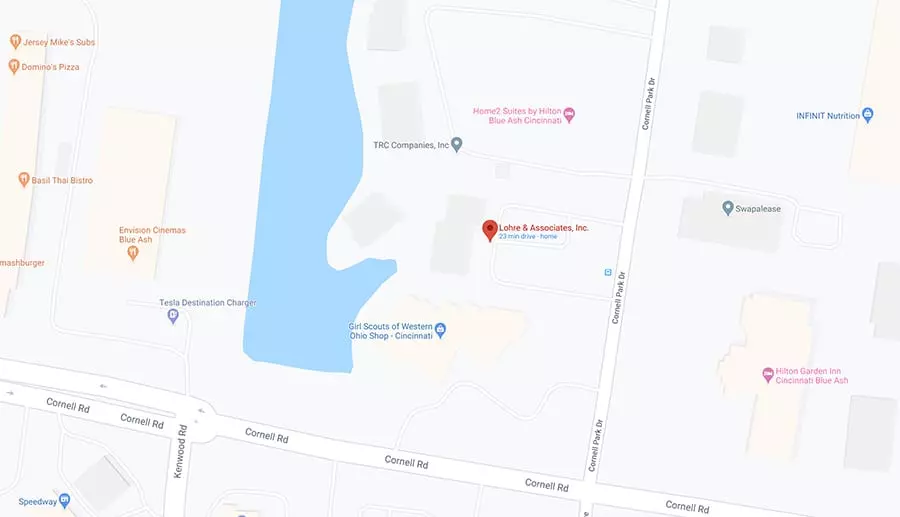Be intentional about including the following tactics in your new year marketing strategy As 2025…
When was the last time you cried over your industrial marketing idea?
‘Write What You Know’ — Helpful Advice or Idle Cliché?
Bookends, Book Review New York Times, March 25, 0214
By Zoë Heller
(Thanks Zoë for reminding us that we do have good industrial marketing ideas. We just have to cut the crap and speak our emotions. That’s the only thing that has worked in the past. If a committee is part of the creative process, you might as well forget it.)
You should write what you really know — as opposed to a slick, bowdlerized version of what you know.
I was in grade school when I first encountered the adage about writing what you know. It concluded my teacher’s tactful comments on a story I had written about an 18th-century highwayman. Stung by her tepid response, I rejected the advice out of hand. How ludicrous, I thought. How limiting! What about science fiction? What about fantasy? What about any writing that travels beyond the borders of the author’s sex or race or age?
Several decades on, the agony of my teacher’s criticism has somewhat abated, and I can see a little more of what she was driving at.
The first mistake I made as a schoolgirl was to assume I was being asked to write exclusively about things that had happened to me. In fact, the injunction is only to know; the business of how you come by your knowledge is left quite open. You can mine your own life, yes. But you can also sympathetically observe other people’s experiences. You can read and research. And you can use your imagination. What good writers know about their subjects is usually drawn from some combination of these sources. The problem with my highwayman story, it seems safe to say, was that I had drawn on none of them. It didn’t necessarily matter that I had never robbed a stagecoach. But it did matter that I had not troubled myself to find out, or even partially imagine, anything about what robbing a stagecoach might entail.
The other, subtler error I made — and continued to make for a long time afterward — was to suppose that translating experiential knowledge into fiction was a simple, straightforward, even banal business. For most writers, it actually takes a lot of hard work and many false starts before they are in a position to extract what is most valuable and interesting from their autobiographies.
In “The Enigma of Arrival,” V. S. Naipaul describes the momentous journey he made shortly before his 18th birthday, from Trinidad to England. The long voyage — Port of Spain to Puerto Rico to New York by air; New York to Southampton by ship — seemed to present rich material for his writing, and he eagerly wrote down his observations in a special writer’s diary. But years later when he came to examine this document, he saw that he had excised all the most interesting elements of what he had seen and felt, deeming them insufficiently literary — out of keeping with the “elegant, knowing, unsurprised” writer’s personality he wished to assume. The family farewell at the airport in Port of Spain; the cousin who took him aside to tell him confidentially that he should sit at the back of the plane because it was safer there; the squabble on board the ship, when a black man was assigned to his cabin and complained that they were being lumped together because they were both “colored” — all of these scenes were absent, as was any acknowledgment of his loneliness, his panic, the “rawness” of his nerves. What he had recorded instead were those incidents and bits of dialogue that seemed to confirm an idea of the grown-up world he had gathered from books and films. “So that, though traveling to write, concentrating on my experience, eager for experience, I was shutting myself off from it, editing it out of my memory.”
Most writers have, for reasons of diffidence, or snobbery, or fear of exposure, done the same thing at some point in their writing lives — unconsciously censored themselves and thrown out the wheat, mistaking it for nonliterary chaff. In this sense, the reminder to write what you know — what you really know, as opposed to a slick, bowdlerized version of what you know — continues to be pertinent advice, not just for 11-year-old schoolgirls, but for writers of any age.
Zoë Heller is the author of three novels: “Everything You Know”; “Notes on a Scandal,” which was shortlisted for the Man Booker Prize and adapted for film; and “The Believers.” She has written feature articles and criticism for a wide range of publications, including The New Yorker, The New Republic and The New York Review of Books.



